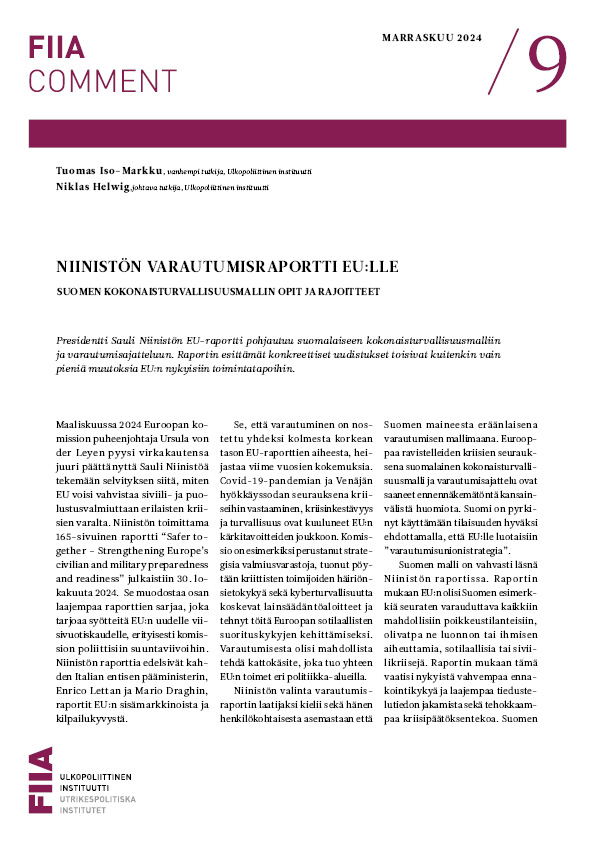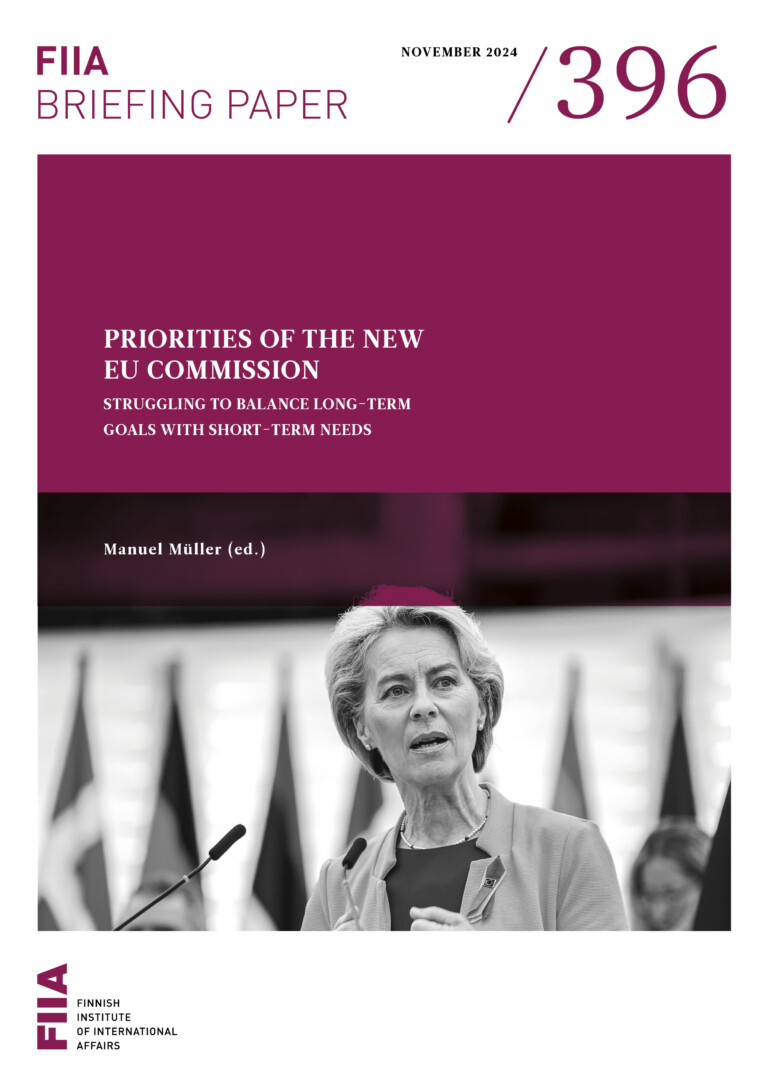The UN Conference on Sustainable Development (Rio+20) marks a historic opportunity to address unsustainable trends in economic, social and environmental development multilaterally. Still, on the eve of Rio+20, the international community lacks consensus and leadership.
The European Union has taken a very proactive and constructive role in the preparations for Rio+20. However, the EU’s commitment to the sustainable development agenda is not shared equally across its policies or member states. This weakens the EU’s strategic position in the negotiations.
Disagreements between Rio+20 parties cut across all the main items on the agenda. In particular, the topic of the “Green Economy” brings old clashes between developing economies and post-industrialized countries back to the fore. The key question relates, on the one hand, to the right to determine development strategies, and on the other hand, to the division of responsibilities between countries.
On a more optimistic note, the need for institutional reform and joint sustainable development objectives has been widely acknowledged. In addition, much progress can still be made in the 15 thematic areas of sustainable development. This may compensate for the lack of unanimity on grand paradigms.
It is of utmost importance for a successful outcome that the Union works in unison, with clear negotiation mandates, and coordinates its views effectively throughout the process. Success at Rio+20 may also help to increase the EU’s own coherence with regard to sustainable development in the future.







